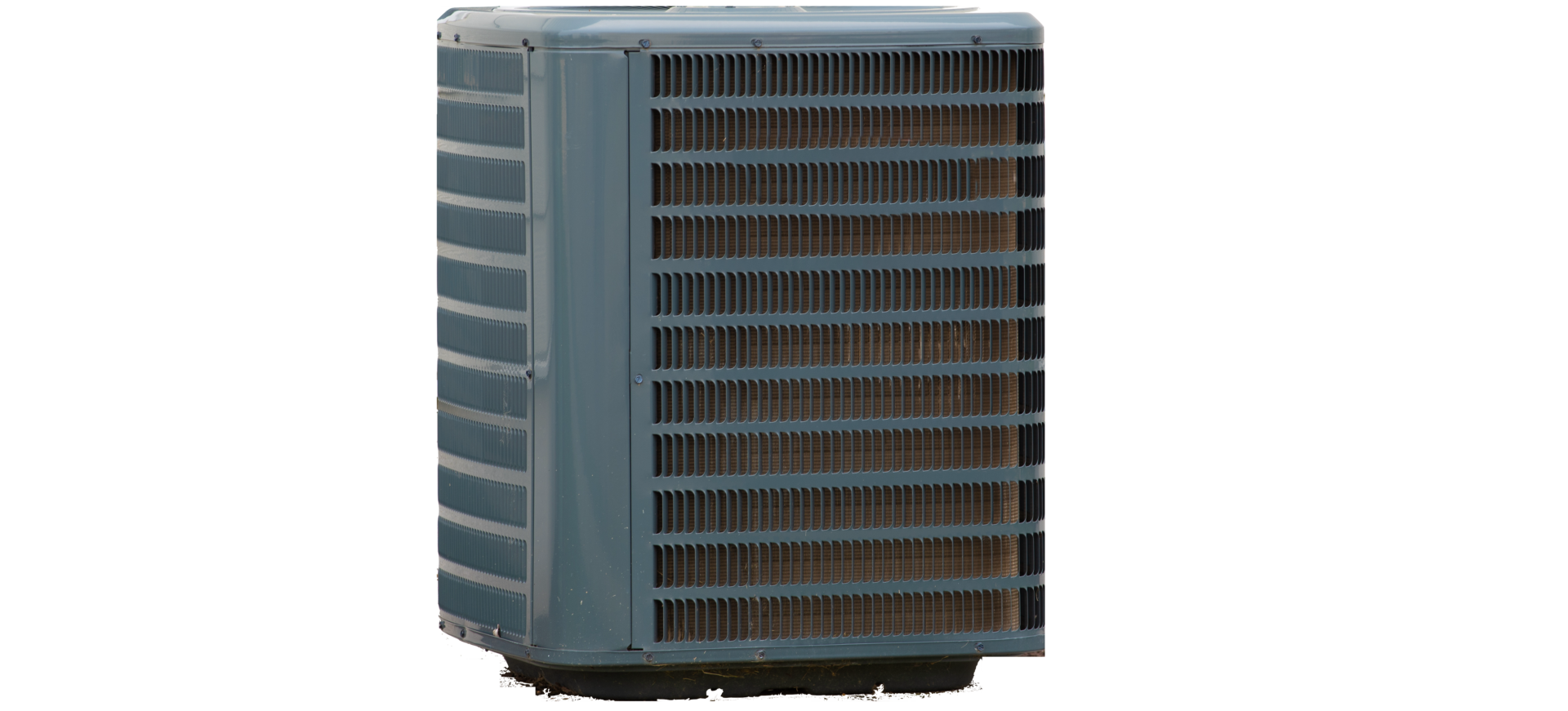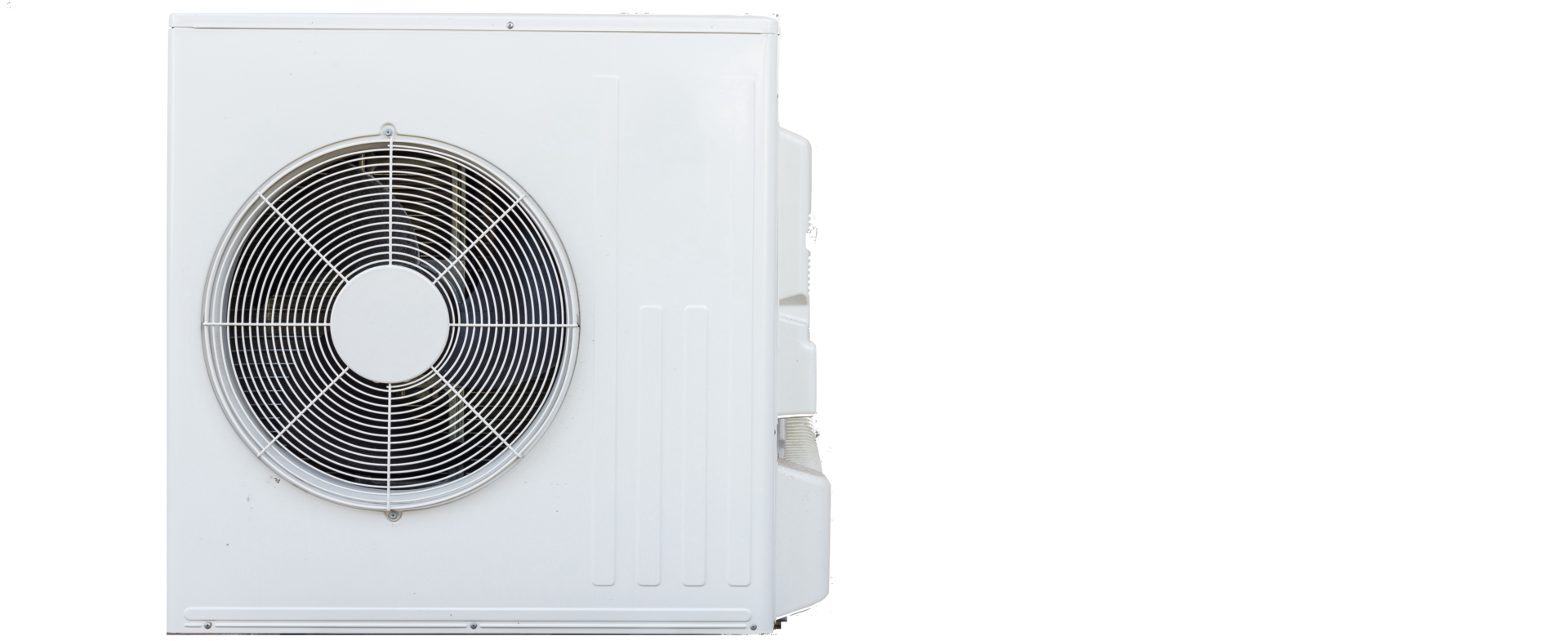
How Much Does Home AC Freon Cost?
Typical price range: $200–$640
Join more than 6,755 people who have received a free, no-obligation quote in the last 30 days
AC refrigerant is the liquid that allows air conditioners to cool the air, and Freon is a branded type of AC refrigerant. It’s such a common brand name that it’s become synonymous with the product, much like Kleenex or Xerox.
Over time, refrigerant can leak out of an air conditioning system, keeping it from doing its job. A Freon recharge is a very common AC repair, though if you need one, there’s probably also a leak somewhere that needs repairing. The average refrigerant refill cost is $200–$640 for a central AC unit, though fixing the leak may cost more.
What Are Signs You Need To Refill Home AC Freon?
How Much Does a Home AC Recharge Cost on Average?
At the low end of cost is a simple refill for a window-mounted air conditioner. At the high end is a recharge and major leak repair for a 4-ton central AC. The following average reflects the approximate cost of a recharge and minor leak repair for a 2-ton AC unit requiring 5 pounds of refrigerant.
| Low-End | Average | High-End |
|---|---|---|
|
$75 |
$325.00 |
$1,500.00 |
What Does Home AC Freon Cost Per Pound?
Different types of refrigerant come with different costs by weight. The different types also have slightly different chemical makeups and are named with an R followed by a number. You will need to use whichever type your system is built to run on. R-410A refrigerant, sometimes sold under the brand name Puron, is the most common for home AC systems and refrigerators made after 2010. Other R-400 series refrigerants are used in cars or commercial applications.
R-22 Freon used to be the most popular type, but because it’s a chemical that depletes the ozone layer, it is being phased out in the United States under Section 608 of the Clean Air Act. It’s no longer produced or imported. You may still be able to get R-22 refrigerant for older systems, but it’s very expensive and difficult to find and most R-22 systems can be converted to run on other types. If not, you will have to replace your old air conditioner.
Here are the material and total installation costs for common refrigerants.
| Type of Refrigerant | Material Cost per Pound | Total Cost per Pound |
|---|---|---|
|
R134A |
$4–$10 |
$50–$110 |
|
R404A |
$4–$7 |
$50–$70 |
|
R410A |
$4–$8 |
$50–$80 |
|
R407A |
$5–$12 |
$60–$130 |
|
R22 |
$13–$21 |
$90–$150 |
What Does Freon Cost by AC Unit Size?
The size of an air conditioner is measured in tons. This doesn’t refer to the unit’s weight, but rather how much air it can cool in a certain time period. As a general rule, air conditioners need about 2–4 pounds of refrigerant for every ton of cooling power. Below is how much it will cost to refill differently-sized AC units with the most common household refrigerant, R-410A.
| Air Conditioner Size (in Tons) | Pounds of Refrigerant | Cost Range |
|---|---|---|
|
1 |
1–2 |
$50–$160 |
|
1 |
2–4 |
$100–$320 |
|
1.5 |
3–6 |
$150–$400 |
|
2 |
4–8 |
$200–$640 |
|
3 |
6–12 |
$300–$960 |
|
4 |
8–16 |
$400–$1,280 |
|
5 |
10–20 |
$500–$1,600 |
How Much Does Freon Cost by Type of HVAC Unit?
Different HVAC system types come with different refrigerant costs, mostly depending on the system size. As you might expect, air conditioners that cool an entire house will cost much more to recharge than a window unit.
| Type of AC Unit | Average Recharge Cost |
|---|---|
|
Central air conditioner |
$150–$600 |
|
Heat pump |
$150–$600 |
|
Mini-split AC unit |
$100–$300 |
|
Window AC unit |
$75–$240 |




How Much Does Freon Recovery and Disposal Cost?
If your air conditioner has had a refrigerant leak, part of repair costs will go to recapturing and properly disposing the Freon spill, which is an environmental pollutant. Older refrigerants like R-22 are chemicals called chlorofluorocarbons, or CFCs, that travel into the atmosphere and contribute to global warming. More recent alternatives like R-410A are hydrofluorocarbons (HFCs) that still contribute to climate change, albeit to a lesser extent.
Usually, the reclamation fee for a Freon leak will be built into the refill price, but if you need to pay for it separately, it typically costs $30–$100.
What Factors Impact Home AC Recharge Costs?
In addition to the HVAC system size and type, here are some other factors that help determine project cost.
Alternatively, an AC service technician may find that the real issue isn’t a refrigerant leak. Here are some other common problems that cause air conditioners to stop working (and the cost to fix them).
- Dirty air ducts: $450–$1,000
- Dirty coils: $50–$350
- Clogged condensate drain: $75–$200
- Lack of maintenance: $70–$200
- Thermostat failure: $50–$500
If your air conditioner is old, it may need major parts replaced, such as the evaporator coil ($600–$2,400) or the compressor ($800–$3,000). Since replacement costs for these parts are so high, if they break, homeowners should consider replacing the air conditioning unit entirely. Installing a new AC system can cost anywhere from $2,500–$8,000 depending on the unit’s size.
Should You DIY vs Professional Freon Recharge?
According to EPA regulations, only licensed HVAC technicians can handle Freon and other refrigerants, which means this isn’t a DIY job.
Professional Home AC Freon Replacement
As of 2018, you must have a license and training to legally purchase or handle refrigerant, or recover any refrigerant spillage. Although new, more environmentally friendly alternatives are being tested, the ones in use still pose a threat to human health and the ozone layer. A professional will have the knowledge and equipment to safely handle and dispose of these chemicals. They’ll ensure that any leaks get fixed to prevent future spills. Pros will also usually offer a warranty or guarantee on their work.
DIY AC Freon Replacement
You can’t legally purchase refrigerant in the US without an HVAC certification. In fact, you may face a fine of up to $10,000 for illegally handling these chemicals. Thus, it’s imperative to hire a professional for jobs involving refrigerants.
Is It Worth Getting Your AC’s Freon Recharged?
When your air conditioner stops working, it’s time to call a professional HVAC technician. We recommend getting estimates from at least three providers before making your choice. If the problem with your AC is a refrigerant leak, you’ll likely need to have it fixed in addition to a Freon recharge. Some HVAC professionals include minor leak repair in the recharge cost, but major leaks will often cost more. This can be expensive, but it’s worth it to have a working air conditioner.
FAQ About Recharging AC Freon
How long does Freon in a house AC unit last?
Freon and other refrigerants don’t run out or evaporate over the lifespan of an air conditioner. You shouldn’t lose Freon unless there’s a leak in the coolant lines, though this is fairly common after 15–20 years of use.
How do you know if your house AC is low on Freon?
Here are some signs that the problem with your air conditioner is low refrigerant.
- Hissing or bubbling sounds coming from the AC unit
- Ice on the refrigerant line
- Increasing electric bill
- Warm air blowing from the vents
Can I add Freon to my home AC by myself?
Only a licensed HVAC professional can purchase, handle, or refill refrigerants like Freon. Thus, you cannot recharge your air conditioner’s refrigerant levels yourself.
Can you run an AC unit without Freon?
If the refrigerant levels in your air conditioning system are low, you may be able to run it for a short amount of time and get a small amount of cool air. However, this will likely damage the AC unit and could end up requiring even more costly repairs. If you suspect a refrigerant leak, shut off the system and call an HVAC technician as soon as possible.
To share feedback or ask a question about this article, send a note to our Reviews Team at reviews@thisoldhousereviews.com.







